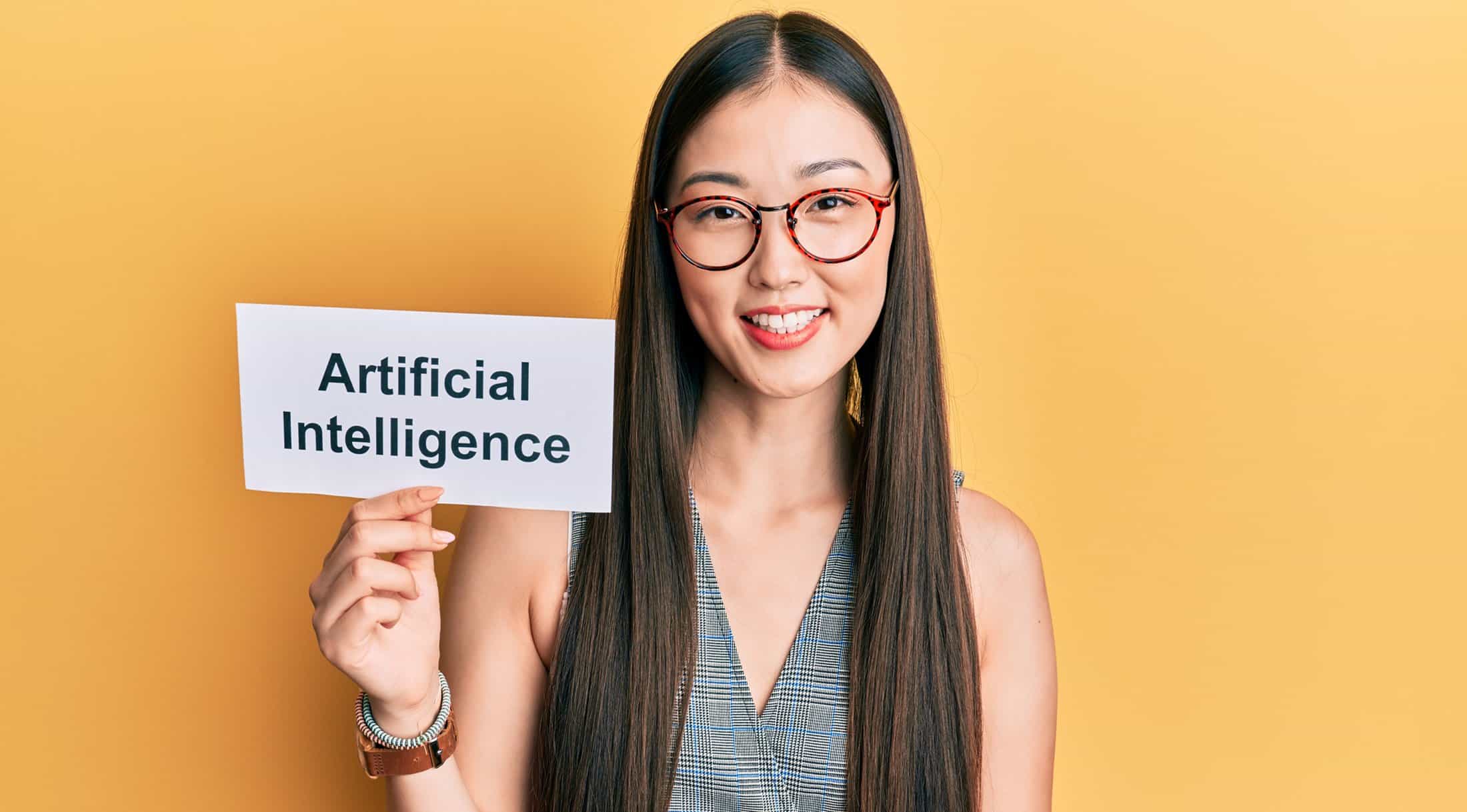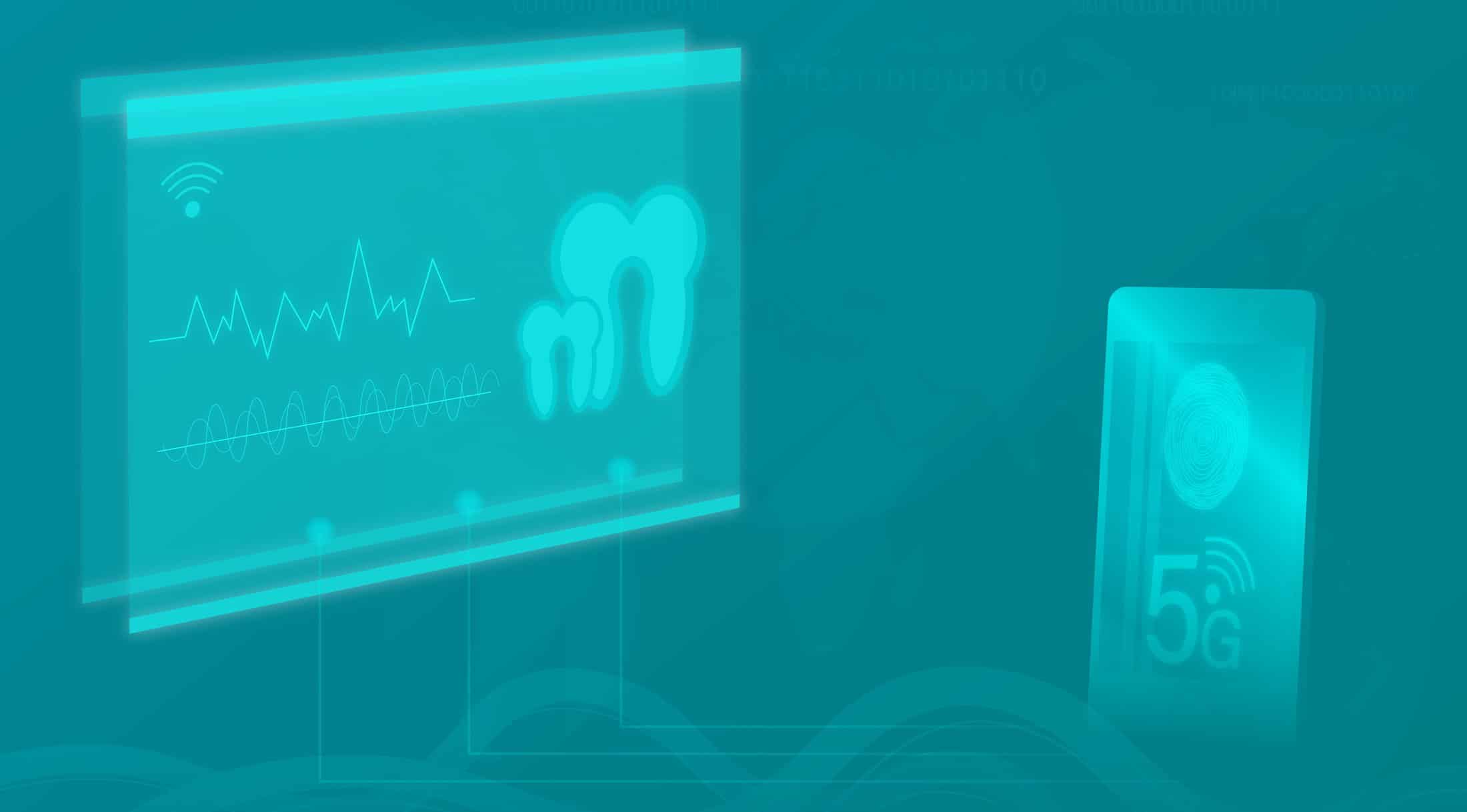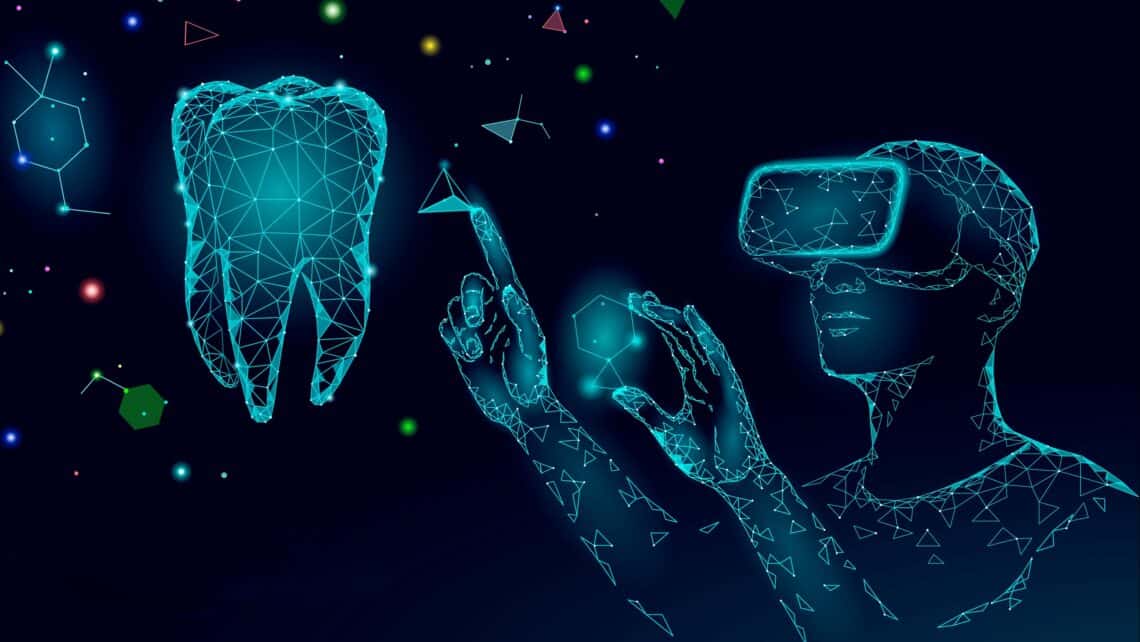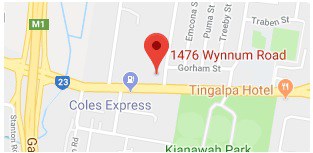These days who does not know the word AI? Artificial Intelligence (For those who did not) has permeated every technology. Our daily lives are driven by algorithms, a simple example is when we use internet-based GPS that checks the route we take, the traffic patterns and calculates the approximate time we could reach our destination.
The world has changed with Covid-19 and so have our lifestyles. Work is no longer limited to the office, Work From Home has become so popular that companies are offering incentives to employees to get back into office. In the medical and dental industry, the Covid-19 pandemic which has shutdown hospitals and clinics has highlighted the failings of physical diagnosis. This has prompted the rapid progression of AI technology into these sectors.
Broadly, AI can be grouped into the following:
- Machine learning – This is the most popular type where machines can use neural networks, physics, and statistics to find insights in data without being explicitly programmed to do so
- Deep learning – This is the learning of complex patterns in large amounts of data. For example, image and speech recognition.
- Cognitive computing – This aims to simulate human processes through image and speech interpretation and responding appropriately
- Computer vision – This recognises content in photos and videos.
- Natural language processing – This is the ability of computers to analyse and generate human speech.
Things such as predictive text, speech-to-text, social media algorithms, and Google search results are all examples of AI.

How is AI currently used in dentistry?
In dentistry, AI is being used for different applications.
One of the most popular fields of dentistry for AI applications is orthodontics where it can be implemented from the start – beginning from diagnosis, using genetic algorithms that aid in predicting sizes of unerupted teeth, and continuing to treatment and follow-up monitoring. Virtual models and 3D scans are exceptionally useful tools in assessing dental abnormalities and even craniofacial abnormalities, allowing devices such as aligners to be precise with customised treatment.
Another popular field for AI is radiology for magnetic resonance imaging and CBCT. This allows the smallest of deviations of normal structures to be considered and identified, which would have been otherwise impossible. The opportunity to diagnose the problem in the early stages is very beneficial, especially to provide precise working parameters in smaller fields, such as proximal caries.
A big benefit for prosthetics is the use of AI combined with CAD/CAM that will help to design onlays, inlays, crowns and bridges with a high degree of accuracy and also to customise individual cases.
For periodontics, AI implementation can be used to check and segregate patients with chronic or aggressive periodontitis based on their previous and existing immune profile. This streamlines the treatment by accurately providing a diagnosis for dental professionals.
AI also offers support to dentists and dental professionals moving away from the typical dental office and chair. AI is currently being used for voice commands that can simplify interruptions or repetitive tasks. For example, “Alexa, show me the bitewings of number 19,” could save dentists a few extra steps and make infection control simpler by enabling hands-free tasks. AI can also be extended to eventually integrate more useful features within the dental chair such as monitoring breathing rate, anxiety levels and measuring weight and height.
Through machine learning, some AI applications can retrieve data from a dentist’s records, communicate with patients directly, and even book patient appointments without human involvement.
AI can also be used for social distancing such as when the patient cannot attend a clinic by giving access to emergency dental services, as well as with the use of teledentistry which could enable patients to receive a certain amount of care before reaching the dental clinic. AI can also help with scheduling and rescheduling appointments, insurance and claims, helping with detailed patient history which allows dental experts to have the full picture before they even see the patient, reducing time to focus on quality patient care.
In Australia, an image recognition tool called SmileMate is being used by dentists to help patients. Users attach a special device to their smartphone, download an app and perform a one-minute screening of their teeth. The screening is analysed by AI and within minutes a report is generated, which outlines a detailed list of observations covering gum health, teeth health and teeth alignment.
There are also companies who provide Augmented Reality (AR) to visualise the possibilities for your patients’ smiles in real time.

What next?
One of the biggest barriers with implanting AI technology on a large scale is that the dental industry does not hold vast databases of data. It is difficult to compare the small amount of data that exists in a dental clinic versus a medical hospital which has a huge database.
In Australia, getting approvals from TGA for AI technologies is not easy or cheap. Most tech start-ups that provide such software do not have the amount of money required to get approval from the legislative bodies. A consideration from this would be the cost of AI to be built into the invoice and also if patients should be allowed to use AI directly without going through a dentist.
Finally, the question of who would be responsible for errors is also a grey area, whether it is the dentist or the software.
However, AI is coming, and it is only a matter of time before the dental industry will require a wide-scale implementation of AI technology across all fields. As more and more corporate companies own dental clinic chains, AI could benefit from a centralised patient database which these companies offer.
AI is not a sprint; it is a marathon which will bring the capability to link dentistry, medicine, and patient databases to offer a new level of consistency, clarity, and convenience, thereby achieving better outcomes for everyone.
Want to book an appointment?
Book an appointment online by clicking here. Call our friendly team on 3390 6100 or email us.
Disclaimer: This article is compiled from several sources on the internet and no claims are made by Malouf Dental on the various applications mentioned in the article












Leave a Comment